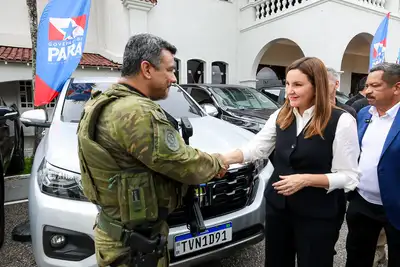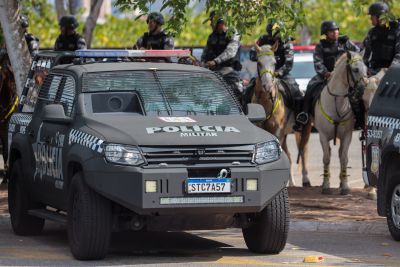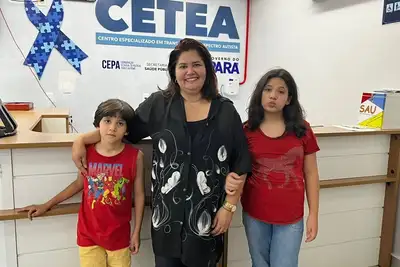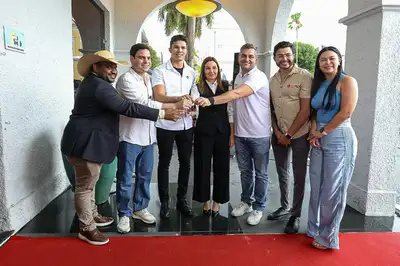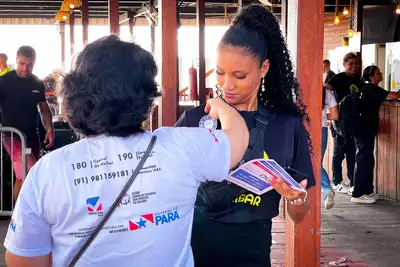From the Forest to the Consumer: On World Chocolate Day, Fapespa Highlights the Production of a 100% Amazonian Brand
Supported by Fapespa through the Centelha Program, Barcalat is a Pará-based brand of artisanal chocolates that values the work of communities and science
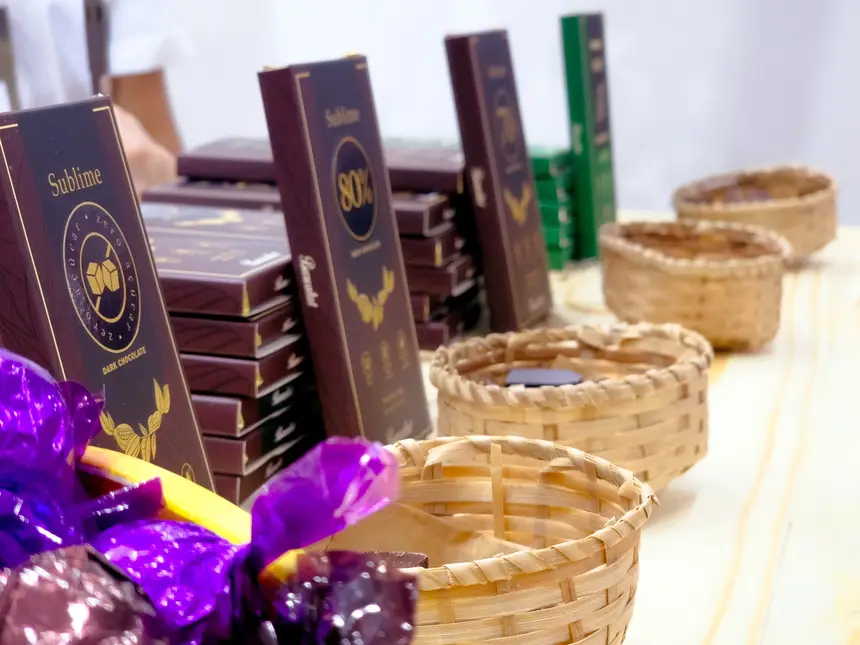
Pará is the largest producer of cocoa beans in Brazil and one of the largest in the world. According to the "Agricultural Bulletin of Pará 2024," developed by the Amazon Foundation for Support of Studies and Research (Fapespa), the fruit represents 14.5% of all state agricultural production, making it inevitable that the derived product, chocolate, became a regional passion. Two of these enthusiasts are biochemical engineers Yasmin Cantuária and Vinícius Carvalho, who came together from a common restlessness and created their own chocolate brand: Barcalat.
According to them, the idea for the project emerged in 2021, driven by the concern to create a chocolate that was both tasty, inclusive, and committed to social and environmental impact. "The idea of Barcalat was built over research, experiences, and the desire to offer the market a chocolate that authentically and ethically reflects the Amazonian identity," say the engineers and entrepreneurs.
In 2022, the venture further developed by gaining support from the State Government, through Fapespa, with the "Centelha 2 Program," which encouraged the creation of innovative enterprises, generating new ideas and spreading the culture of innovative entrepreneurship throughout the country by promoting the mobilization and institutional articulation of actors in the local, state, and regional innovation ecosystems of the country.
Highlight- A partnership between Fapespa, the National Council for Scientific and Technological Development (CNPq), and the Financing Agency for Studies and Projects (Finep), the program invested over R$ 179 thousand in startups related to chocolate production. "It was this support that allowed us to transform a purpose-driven idea into a real business, which today generates impact, values the forest, and delivers to the world a truly Amazonian chocolate," declare Yasmin and Vinícius.
According to the entrepreneurs, the production of the brand's chocolates operates in a 100% regional manner, following the model "from the forest to the consumer." "The cocoa beans are cultivated and fermented by local partners, and we take care of processing, traceability, and product creation in our own factory, ensuring quality, innovation, and Amazonian identity in every bar," they explain.
With a dedication to creating an innovative product without synthetic additives, milk, gluten, hydrogenated fats, and excess sugar, the Barcalat chocolate was the big winner in the "My First Chocolate" category at the International Chocolate and Flowers Festival in 2023.
Cocoa- According to data from Fapespa, Pará has over 31,500 cocoa producers, with a large part of this production coming from family farming. Considering the importance of this production chain, Fapespa currently allocates R$ 2,535,079.20 to ten projects involving cocoa, with seven focused on research and three supporting startups.
Currently, Barcalat bets on bold and regional flavors such as chocolate with jambu, priprioca, cupuaçu, and Brazil nuts, in addition to a line aimed at the fitness audience. The brand has also been recognized with awards for best flavor, highlight in socio-environmental impact, and market distinction through programs like Jornada Amazônia.
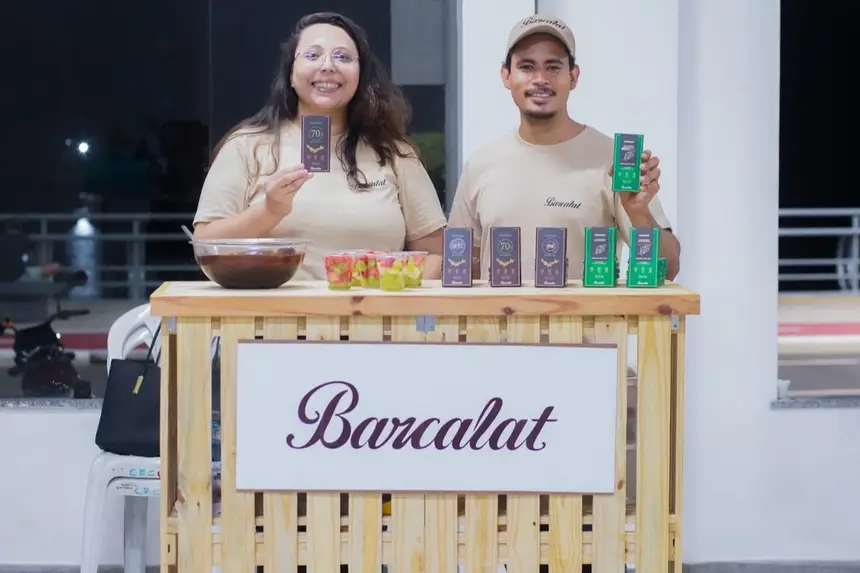
Centelha Program – The challenges to innovation of the "Centelha Program" have stimulated the creation of innovative enterprises, generating new ideas and spreading the culture of innovative entrepreneurship throughout the country by encouraging the mobilization and institutional articulation of actors in the local, state, and regional innovation ecosystems of the country.
The call for the third edition of the program arrives in Pará, under the responsibility of Fapespa, still in 2025. A total of R$ 3.76 million will be allocated to support 47 new startups, ensuring continuity in investment in the development of new innovative companies.
"Bioeconomy is undoubtedly the path to sustainable development in the Amazon. In Pará, we are fostering this new economic matrix through research and conscious entrepreneurship," evaluates the president of Fapespa, Marcel Botelho.
Text: Beatriz Rodrigues, intern, under the supervision of Manuela Oliveira (Ascom/Fapespa)





